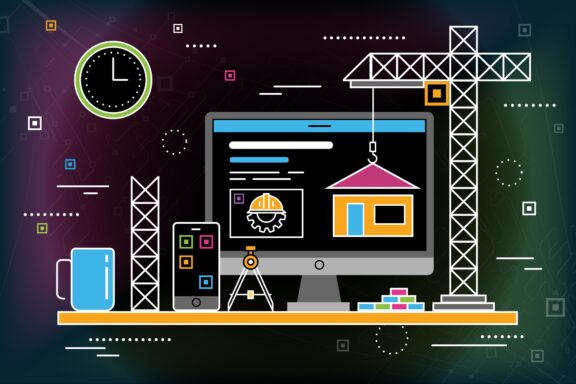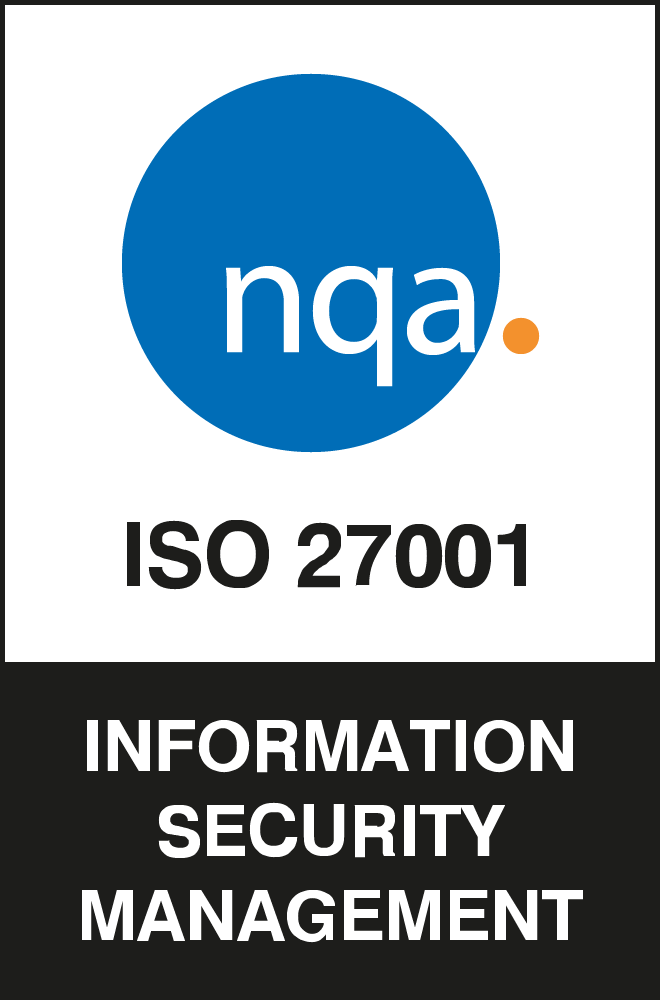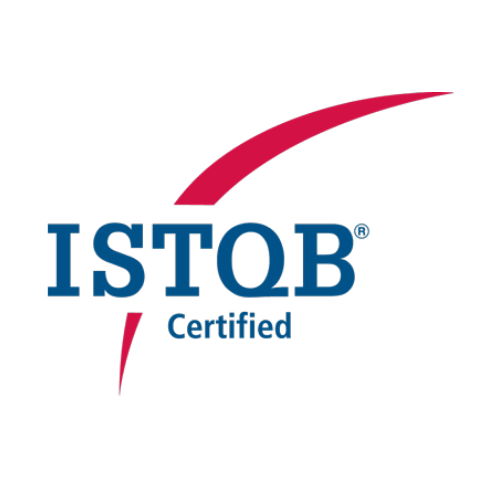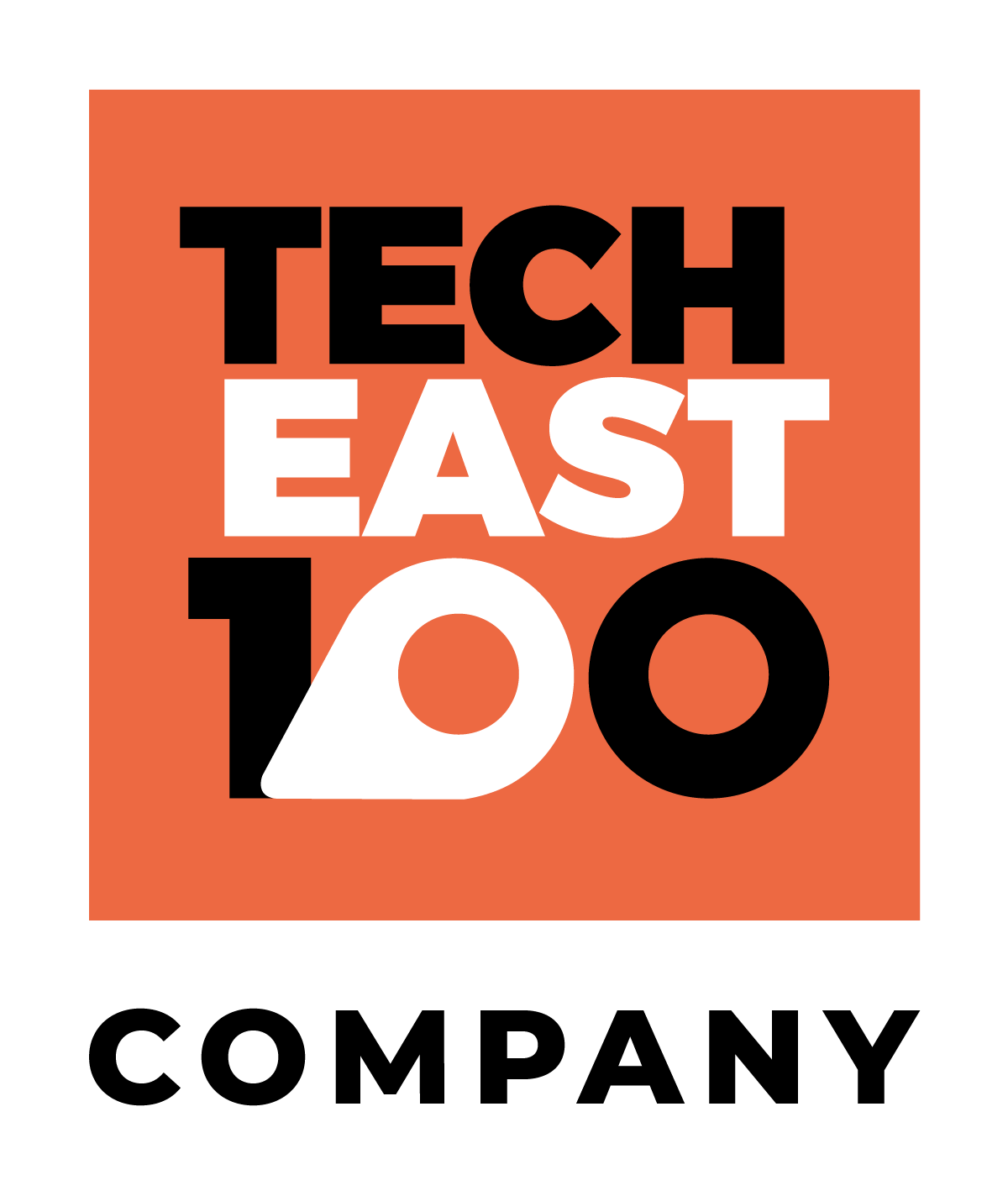Technology has allowed for huge advances to be made in the construction industry, leading to improvements in project management, construction site safety, overall quality and much more.
Nowadays, most construction firms use a variety of different emerging technologies to manage and improve each element of their projects.
Read on to learn more about the top 10 most important construction industry technology trends for 2023 and onwards.
Modular Construction
Modular construction involves the separate, off-site construction of individual modules of an overall project which are then transported to the project site for assembly.
It means that ambitious projects like large hotels or student accommodation blocks can be completed up to 30% faster than with traditional building practices.
Some of the other benefits include:
- Modular buildings tend to be made from eco-friendly materials so they are better for the environment
- They are much more cost-effective, mostly because the construction time is significantly reduced.
- Modular construction is much more flexible and allows greater scope for personalisation depending on the building’s intended usage.
AR/VR Project Visualisation
Augmented reality and virtual reality make it much easier for construction firms to present aspects of the design, build and post-construction stages of the products they’re proposing to their customers.
CAD and BIM can be elevated to another level with AR and VR, giving a more immersive experience and allowing clients and other senior-level decision-makers to get a better understanding of the entire project.
We can expect this trend to continue growing as clients continue to seek out greater visibility and construction companies strive to find innovative ways to present complex concepts and work.
Facial Recognition Security
To prevent unauthorised persons from accessing dangerous worksites, some construction companies are investing in facial recognition technology that only grants access to approved personnel.
Data points relating to the makeup of employees faces are stored algorithmically in a database that is searched when a worker tries to access a restricted area – if there’s a match, they are granted access.
Experts suggest that as research and investment into the area continues, facial recognition and biometric technology has the potential to change how the construction industry handles physical on-site security, payroll management, project controls and resource optimisation.
Smart Buildings
Smart buildings are a commonly discussed trend, particularly due to their role in the emergence of smart cities. Smart buildings use a combination of different technologies such as AI, RPA, machine learning and IoT to optimise building operation and improve efficiency.
Some examples of smart building technology include:
- Smart HVAC systems
- Connected occupant security systems
- Intelligent resource management systems
We can expect to see the construction of smart buildings to become more popular as time goes on and more urban areas begin adopting smart city infrastructure.
3D Building Information Modelling
Building information modelling or BIM is a widely used technology in the construction sector.
On a basic level, building project management teams typically use BIM as a 3D resource to manage the physical characteristics of the construction project or facility. At a more complex level, the models can integrate additional information and dimensions for optimum visibility of the entire project, for example:
- 4D = Schedule
- 5D = Cost estimations
- 6D = Sustainability
- 7D = Operational maintenance
BIM helps to support reliable and efficient decision making with projects that use BIM typically saving up to 6% in project costs. Not only this, but the growing number of dimensions included in BIM makes them a critical source of information for the creation of digital twins.
Construction professionals should keep an eye out for more new developments in this construction technology over the coming years.
Construction AI and ML
Artificial intelligence and machine learning are two emerging technologies that have the potential to revolutionise current construction processes by improving productivity and reducing workloads – freeing up time for more complex tasks.
One use case for AI in construction is fully-optimised project scheduling. Provided with historical data, sophisticated AI-powered project management systems can identify potential schedule issues before they occur and create solutions so that project plans are not interrupted and each aspect of the project can be completed as planned – in the most efficient way.
Additionally, AI and image recognition technologies can be used to identify workers who are not adhering to the important safety practices essential to any construction project. From here, management personnel can be alerted and deliver additional training or safety information which ultimately leads to incident reduction and injury prevention.
Connected Job Sites
IoT technology is making waves in every industry at the moment and is expected to continue shaking things up for some time. IoT in the construction market is expected to reach a value of $16.8 billion by the year 2024 (Research and Markets).
In the construction industry, IoT is used largely to support remote operations, fleet management and predictive maintenance systems however it can be used to improve processes at every level – from initial design to final construction.
Connected monitors can be installed at the beginning of a construction project so that the total energy, utility and labour output can be accurately measured. This helps construction firms to optimise supply chain performance and improve workforce conditions.
Predictive maintenance is also made possible by IoT devices fitted into construction equipment. Operations and project managers can be automatically notified of any equipment that is not performing at an acceptable level. Repairs or replacements can then be arranged before the equipment stops working altogether – avoiding the loss of critical time and further delays.
Unmanned Aerial Vehicles
Unmanned aerial vehicles are aircraft that can be controlled remotely, automated UAVs can follow pre-established flight plans without human control or they can be controlled via mobile devices or specialist computer software.
The application this technology has to the construction industry is that it can be used to help construction personnel inspect building sites, identify potential safety hazards and monitor project progress by providing real-time imagery.
Robot Assistance
An exciting emerging trend within the construction industry is the use of physical robots to perform complex, repetitive or dangerous tasks with minimal or no human intervention required.
After years of continual research, testing and development these robots are finally beginning to be used commercially to perform tasks such as bricklaying, welding and concrete pouring. Not only does this free up more time for human workers to work on more complicated tasks and projects but robots also outperform humans in many tasks in terms of speed and precision.
Some of the benefits that can come from integrating robot assistance into a construction project include:
- Reduced risk of mistakes
- Decreased likelihood of human injury or accidents
- More efficient use of the human workforce’s time
Robot assistance will become more common in construction projects as they become more affordable and accessible to the masses. The potential this constriction technology has to change the shape of manual labour on project sites across the world is huge.
Real-Time Collaboration Software
Widely considered as a vital aspect of construction technology, real-time collaboration software is only expected to increase its impact on the industry from here on out.
With a wide range of technologies, apps and software being used by construction firms every day, it makes sense to integrate existing processes and systems into a single platform where all important data and information can be viewed from one place.
Does your construction company need a bespoke app or piece of software?
Coderus is experienced in developing high-quality app and software solutions for clients across a range of sectors. Get in touch with us today if you have a project that we could help bring to life.























